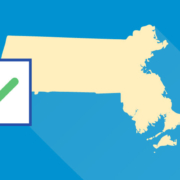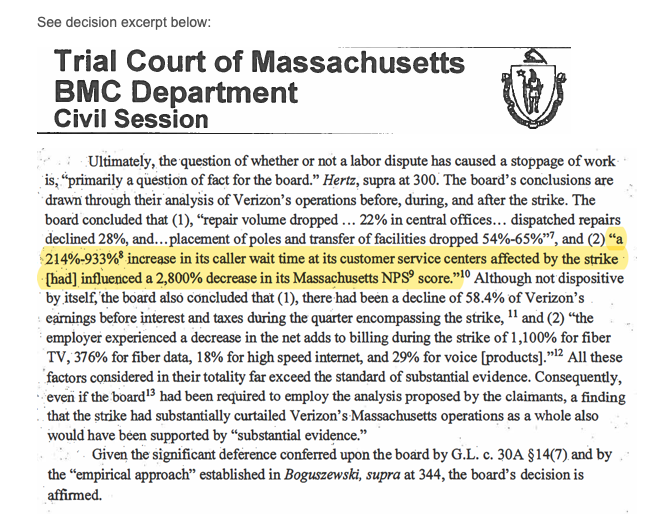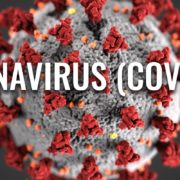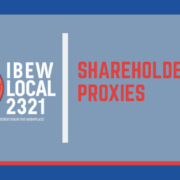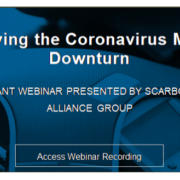In October, Verizon advised the union the company would require employees to be vaccinated. All IBEW and CWA union locals across the footprint demanded to bargain any such requirement, and began negotiations on October 28th.
Verizon initially relied upon the Presidential Executive Order (“PEO”) (Executive Order 14042, issued September 9, 2021) and the subsequent Safer Federal Workforce Task Force COVID-19 Workplace Safety: Guidance for Federal Contractors and Subcontractors, issued September 24, 2021, as their motivation for a vaccine requirement. When the OSHA COVID-19 Vaccination and Testing Emergency Temporary Standard (“OSHA ETS”), published on November 5th, was issued, Verizon further emphasized their need to implement a vaccine mandate.
However, the company quickly pivoted to calling their mandate their own policy as a private employer, a status that has thus far been immune to litigation and has allowed private companies to implement vaccine policies with no successful legal challenges to date. Therefore, despite the courts having later struck down the OSHA ETS, the PEO is still in place, and Verizon is able to maintain a private policy regardless of either.
During negotiations, the unions consistently and repeatedly proposed that the company allow employees to opt out of any mandate for medical, religious, or personal reasons of any kind by allowing them to seek accommodation or utilize a testing option. The company claimed they could not due to the PEO, which does not allow for any testing option. The union asked the company to identify employees who would be subject to the PEO and carve out the other employees either entirely or allow them the option to test in lieu of vaccination. The company refused to allow either option.
The unions proposed expansion of unpaid leave which employees would be subject to if they did not get vaccinated; termination payments for employees who would be separated as a result of not being vaccinated; and specific guidelines for employees who requested accommodations for religious and medical reasons. The company adopted some of these into their counter proposals, but not all of them.
On November 16th, Verizon presented the union with their Last Best and Final Offer. The union made a counter proposal, which was rejected. Verizon then informed the union that negotiations had reached an impasse, and that the company would implement their Last Best and Final Offer as their new company vaccine policy.
The following are some of the key aspects of the Company’s last offer:
- Employees who do not get at least one dose of the vaccine prior to February 1, 2022 may be placed on unpaid leave for at least 60 days.
- If at any point during that unpaid leave the employee submits proof of partial vaccination, the leave will be suspended and the employee will be permitted to return to work abiding by applicable safety protocols.
- An employee who does not get at least a first dose of a vaccine prior to the expiration of the 60 day unpaid leave may be separated at the end of the leave.
- Employees will have the opportunity to apply for medical and religious exemptions.
- Employees who are unable to get vaccinated during non-work hours will continue to have up to 4 hours of paid leave to get a first dose and up to another 4 hours of paid leave to get a second dose of a two dose vaccine.



